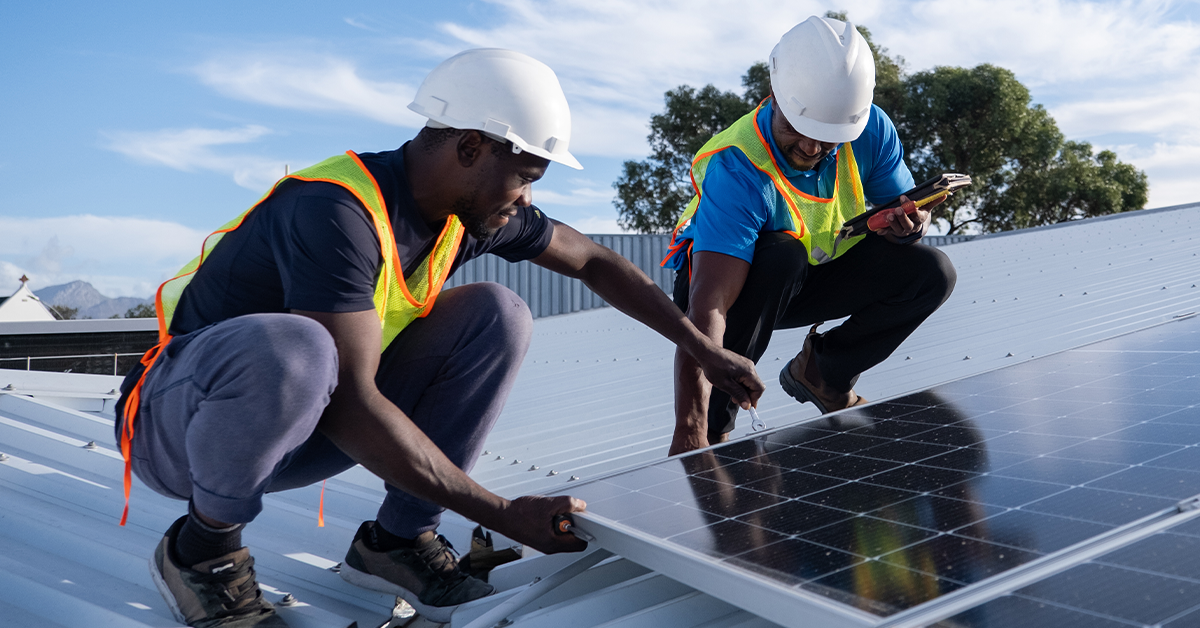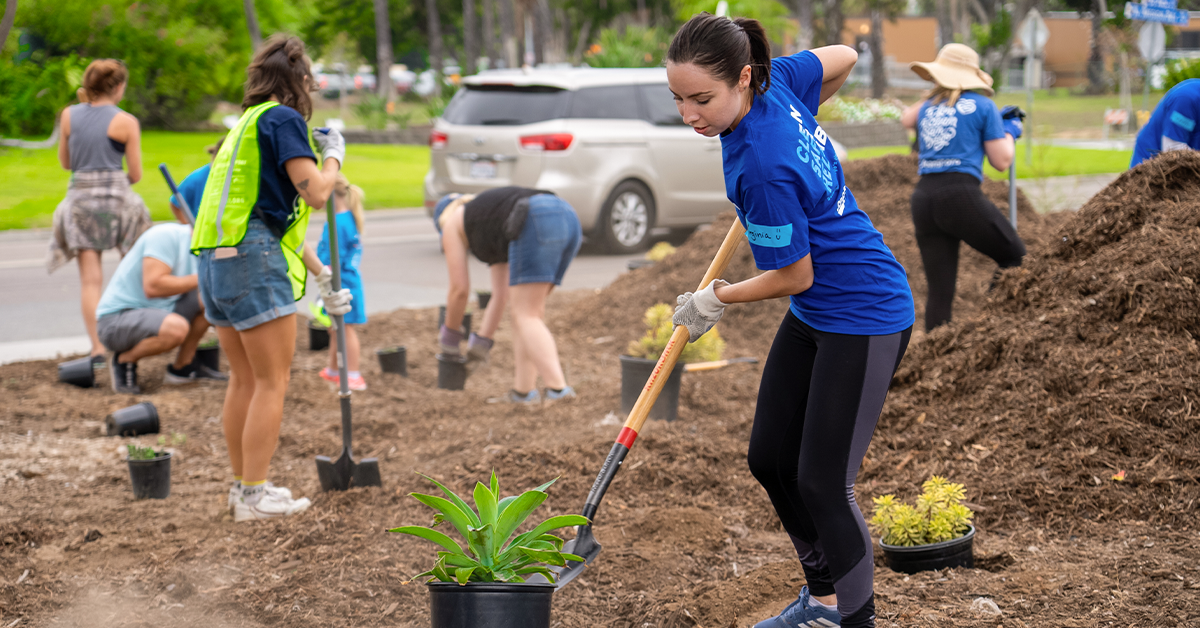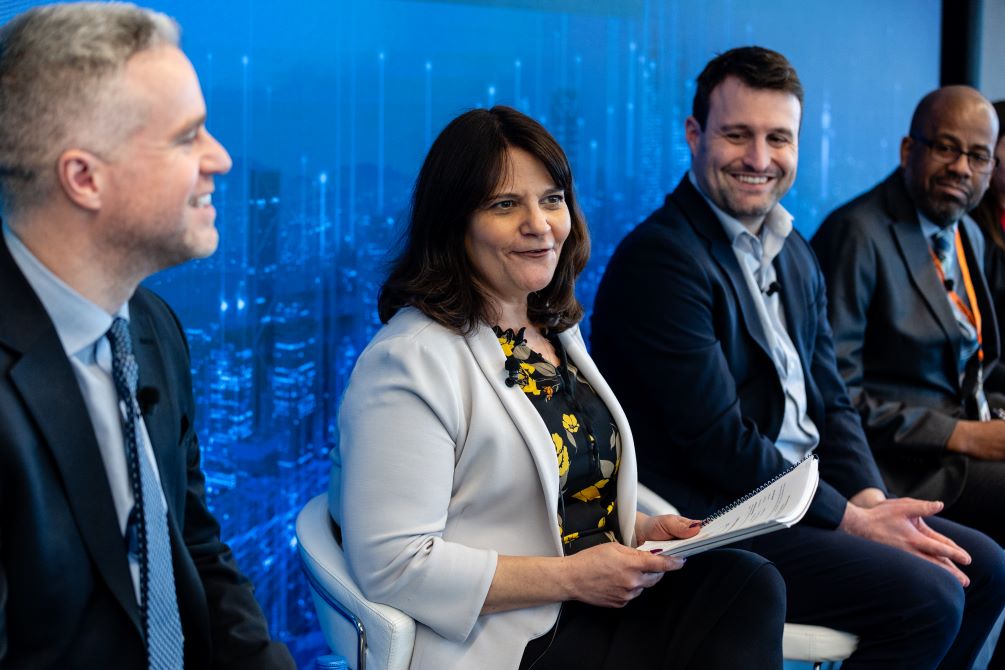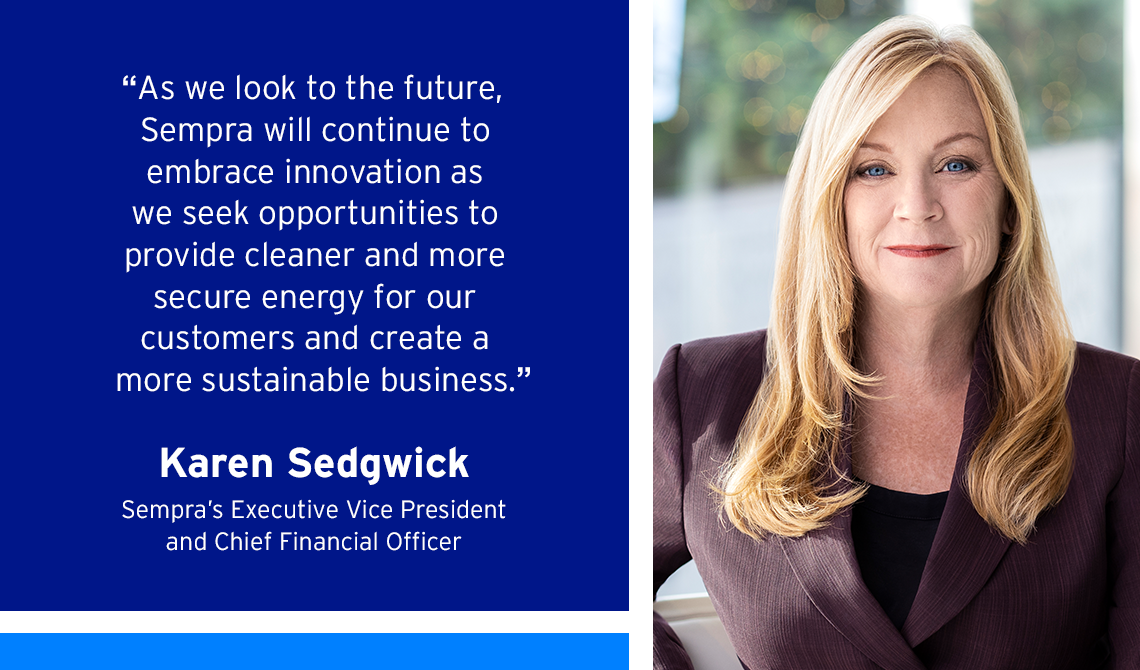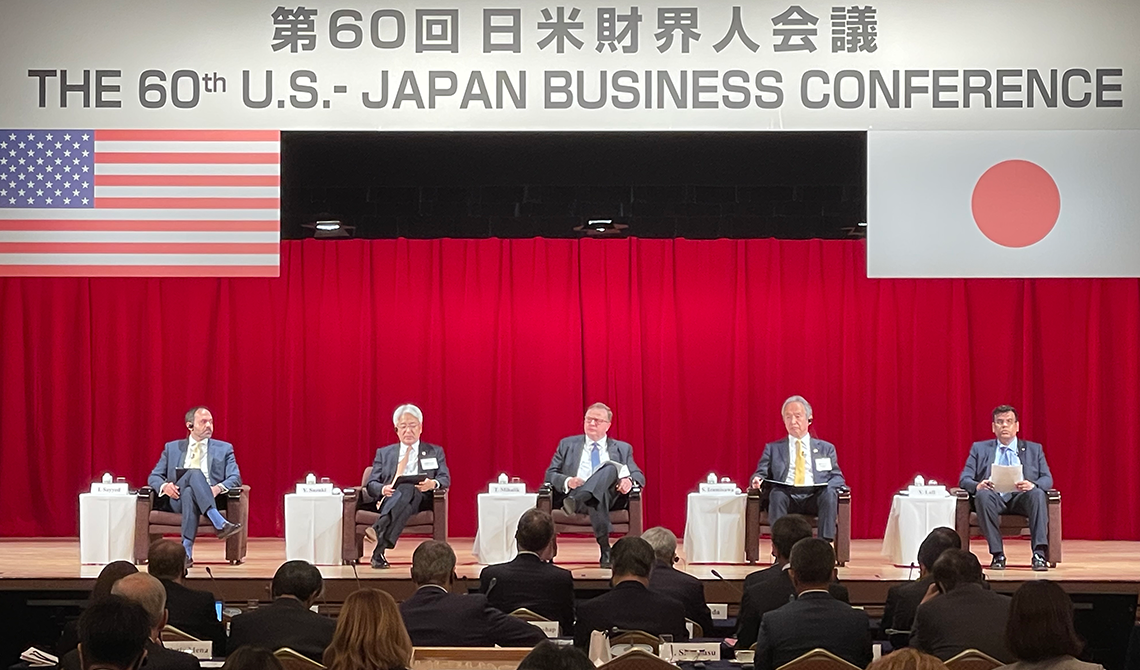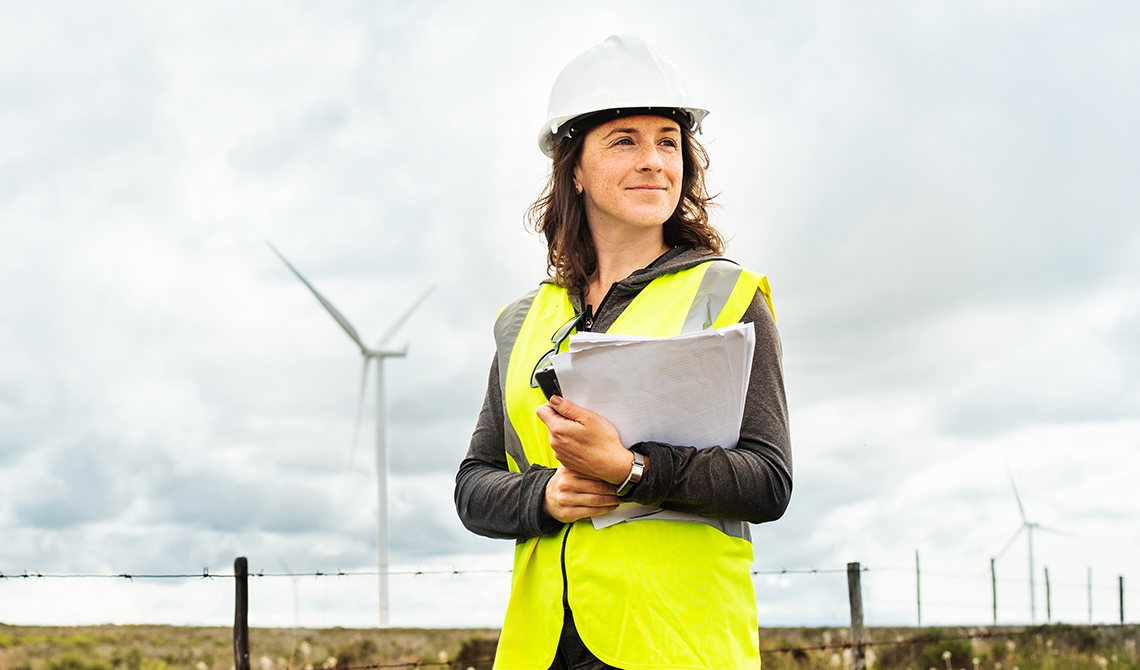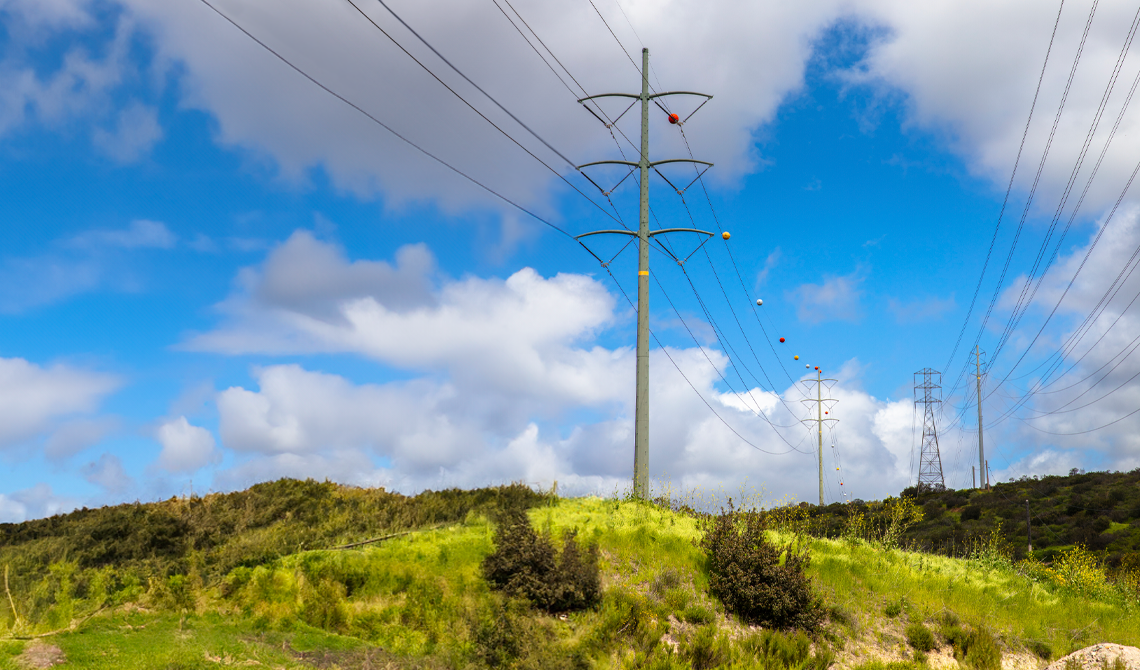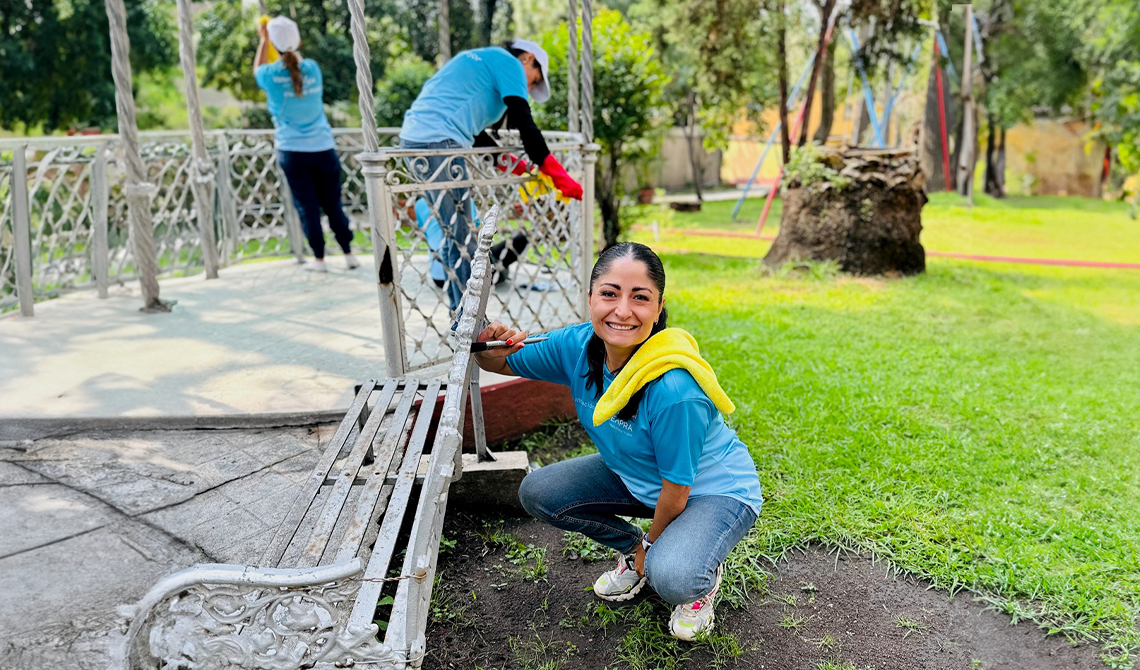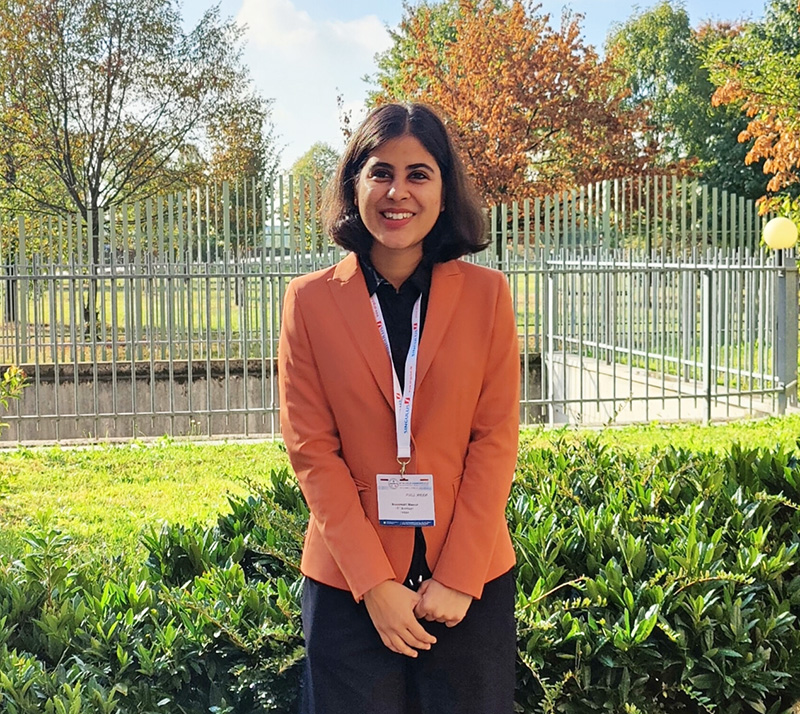 Roopmati Meena knows energy poverty first-hand. Meena, a current Ph.D. student at IIT Bombay in India, grew up in Rajasthan where residents have difficulty accessing reliable and safe energy. Although the circumstances have improved over the years, Meena said there is still more work to be done.
Roopmati Meena knows energy poverty first-hand. Meena, a current Ph.D. student at IIT Bombay in India, grew up in Rajasthan where residents have difficulty accessing reliable and safe energy. Although the circumstances have improved over the years, Meena said there is still more work to be done.
“Being from a developing part of the world, I have witnessed frequent power cuts throughout my childhood,” Meena said. “Rural parts of India still get limited access to electricity. Further, biomass is still a dominant mode of cooking fuel in remote areas. In urban spaces, fossil-based transportation systems are still prevalent, leading to poor air quality suspended with toxic pollutants.”
Today, Meena is working to be a part of the solution. She’s an intern at Switch Energy Alliance (SEA), a nonprofit organization dedicated to inspiring an energy-educated future that is objective, nonpartisan and sensible. She joined SEA, alongside fellow ITT Bombay student Shruti Prajapati, after participating in the annual Energy Case Competition in 2022. The Competition was made possible in part through a $50,000 Sempra grant, where hundreds of students worked together to identify ways to address energy poverty. Energy experts estimate more than 750 million people do not have access to electricity and 2.6 billion people lack access to clean cooking technologies.
Photo: Roopmati Meena, an intern at Switch Energy Alliance and Ph.D. student at IIT Bombay, participated in the 2022 Energy Case Competition sponsored by Sempra
The Competition, which has seen participation from thousands of students from 43 countries, presents students with energy challenges facing three specific countries. Students are grouped into teams and have the option of working with a mentor who is from the energy industry or in academia.
Meena’s team focused on identifying solutions in Ghana where uneven distribution of renewable energy resources, unsafe cooking fuel, and unreliable and expensive electricity supply are the main factors driving energy poverty, she said.
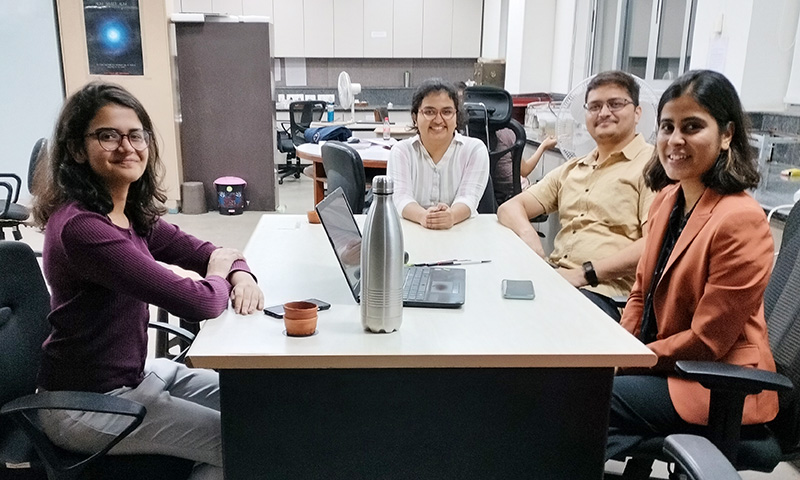 The team identified a hybrid model of solar photovoltaic technology to produce energy for communities in need. The team also proposed a combination of liquefied petroleum gas and bio-gas-based cylinders as another solution to solve the cooking fuel crisis. To top it off, the team suggested carbon credits as a form of revenue generation that could be used to support grid lines, low-income families, schools, hospitals and more.
The team identified a hybrid model of solar photovoltaic technology to produce energy for communities in need. The team also proposed a combination of liquefied petroleum gas and bio-gas-based cylinders as another solution to solve the cooking fuel crisis. To top it off, the team suggested carbon credits as a form of revenue generation that could be used to support grid lines, low-income families, schools, hospitals and more.
“One of the most significant learnings from the SEA Case Competition is the awareness of various aspects encompassing energy poverty,” Meena said. “It is not the mere absence or lack of energy but the denied opportunity of access to energy through unreliable, unaffordable, insecure and polluting energy sources.”
Photo: Students, including Roopmati Meena (bottom right) and Shruti Prajapati (left), participated in the 2022 Energy Case Competition sponsored by Sempra
Sempra and Sempra Foundation invest in strategic projects to help improve the world we live in. This has included funding the SEA Case Competition in 2022 and projects that brought solar power and cleaner cookstoves to indigenous communities in the U.S.-Mexico border region in 2021.
“With access to safe, reliable and cleaner energy, families and children can build healthy and prosperous lives,” said Lisa Larroque Alexander, senior vice president of corporate affairs and chief sustainability officer for Sempra. “We are grateful for the opportunity to support Switch Energy Alliance, and bright students like Roopmati Meena, to create a better and cleaner future for us all.”
Scott Tinker, chairman and founder of SEA, began the nonprofit with the understanding that energy has the ability to bring billions of people out of poverty. Since beginning the Case Competition three years ago, SEA has worked with more than 2,000 students.
“The annual Energy Case Competition has given thousands of students from around the world the opportunity to learn about today’s energy challenges and develop potential solutions to bring to their own communities,” Tinker said. “By working with Sempra, we can develop the next generation of great minds and help close the gap on energy poverty.”
For Meena, she hopes to continue researching solar photovoltaic technology. She’s also grateful for her time with SEA.
“The Case Competition provides a unique platform and opportunity to explore practical aspects of energy and its scarcity worldwide,” Meena said. “Everyone involved with this cause in different capacities must be applauded for their efforts.”
